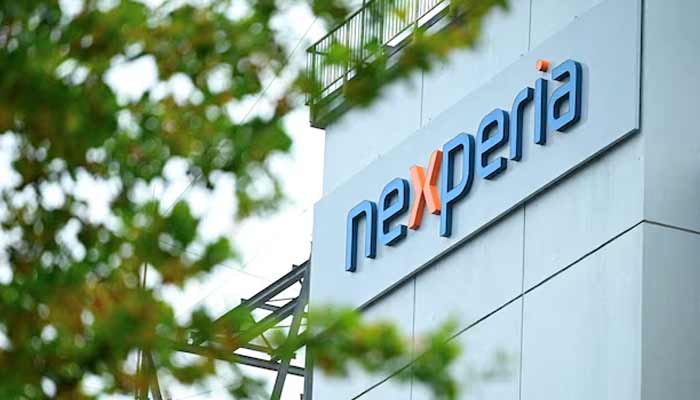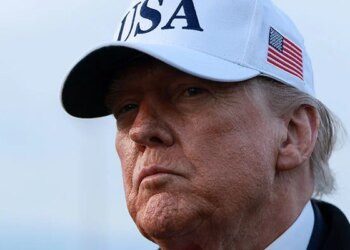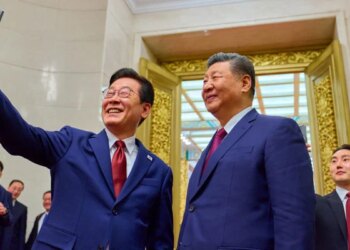Select Language:
China has issued exemptions from export restrictions on Nexperia chips intended for civilian use, according to the commerce ministry on Sunday. This move aims to help alleviate supply shortages faced by automotive manufacturers and suppliers.
This development signals a significant easing of Beijing’s stance toward the global auto industry, which has been impacted by export controls enacted after the Dutch government took control of Nexperia, a major producer of basic chips critical for automotive electrical systems. While Nexperia is headquartered in the Netherlands and owned by Chinese firm Wingtech, China’s commerce authorities did not clarify what qualifies as civilian use. The announcement follows statements from German and Japanese companies indicating that shipments of Nexperia’s Chinese-made chips have resumed.
However, tensions between China and the Netherlands—and by extension, the European Union—are likely to persist until the ownership dispute over Nexperia is resolved. The Dutch government seized control of Nexperia on September 30, citing concerns that Wingtech’s plan to move European manufacturing to China would threaten European economic security.
In response, China halted exports of finished Nexperia chips, which are primarily packaged in China. Last week, China indicated it would start accepting exemption applications after a meeting between U.S. President Donald Trump and Chinese President Xi Jinping on October 30. The Chinese commerce ministry has maintained that it is protecting the integrity of global chip supply chains while blaming the Netherlands for not taking steps to resolve the conflict.
The ministry’s statement called on the European Union to exert greater influence to persuade the Dutch government to overturn its seizure of Nexperia. “China encourages the EU to continue leveraging its influence to urge the Netherlands to rectify its mistaken actions promptly,” the statement read.







